Problem-solving abilities Normal Worksheets for Ages 3-5
8 filtered results
-
From - To
Discover our engaging “Problem-Solving Abilities Normal Worksheets” designed specifically for children aged 3 to 5! These worksheets provide a fun and interactive way for young learners to develop critical thinking and analytical skills. Featuring vibrant illustrations and age-appropriate challenges, our printable activities encourage kids to explore patterns, puzzles, and basic problem-solving techniques. Tailored to boost cognitive development, these worksheets not only captivate children’s attention but also prepare them for future academic success. Foster creativity and logical reasoning in your little ones while they enjoy hours of educational entertainment. Start their learning journey with our problem-solving worksheets today!
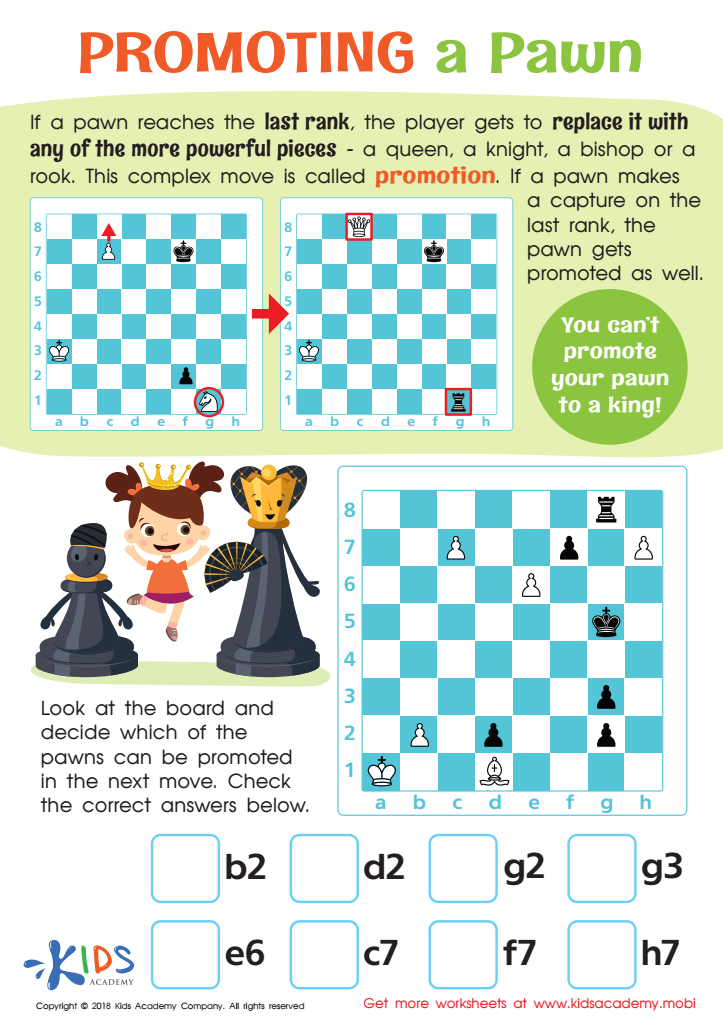

Promoting a Pawn Worksheet
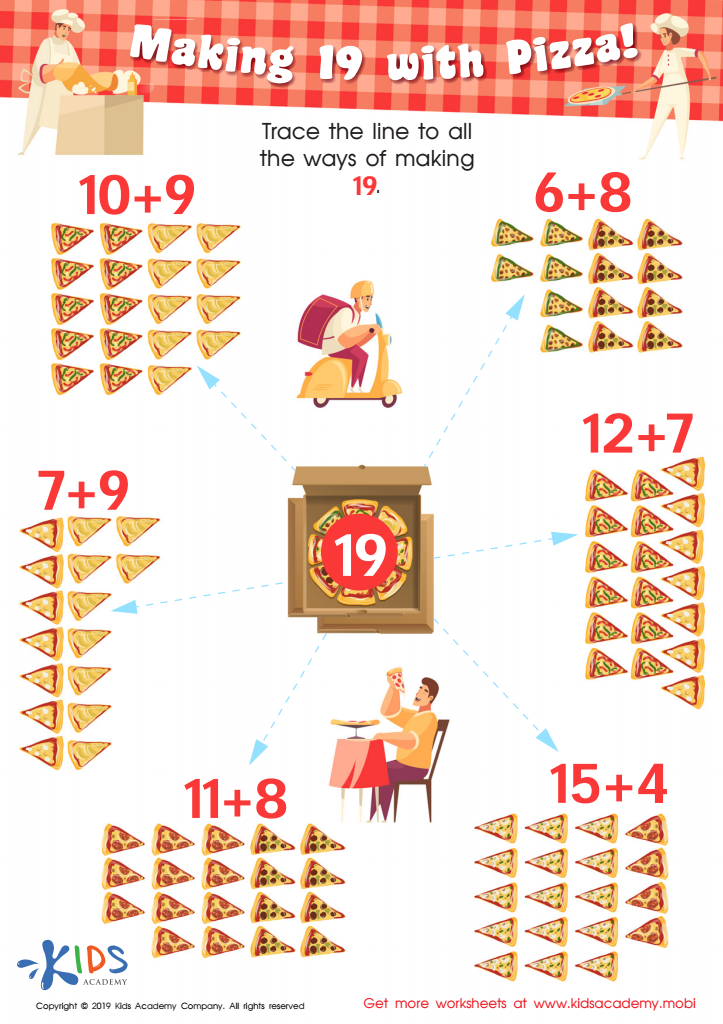

Making 19 with Pizza! Worksheet
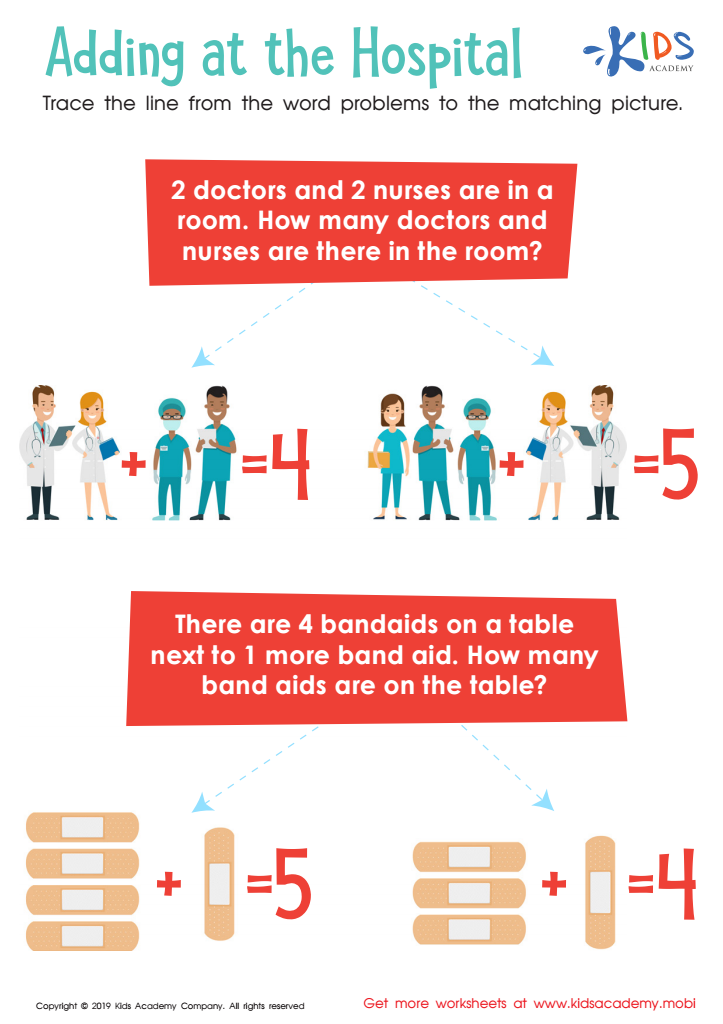

Adding at the Hospital Worksheet
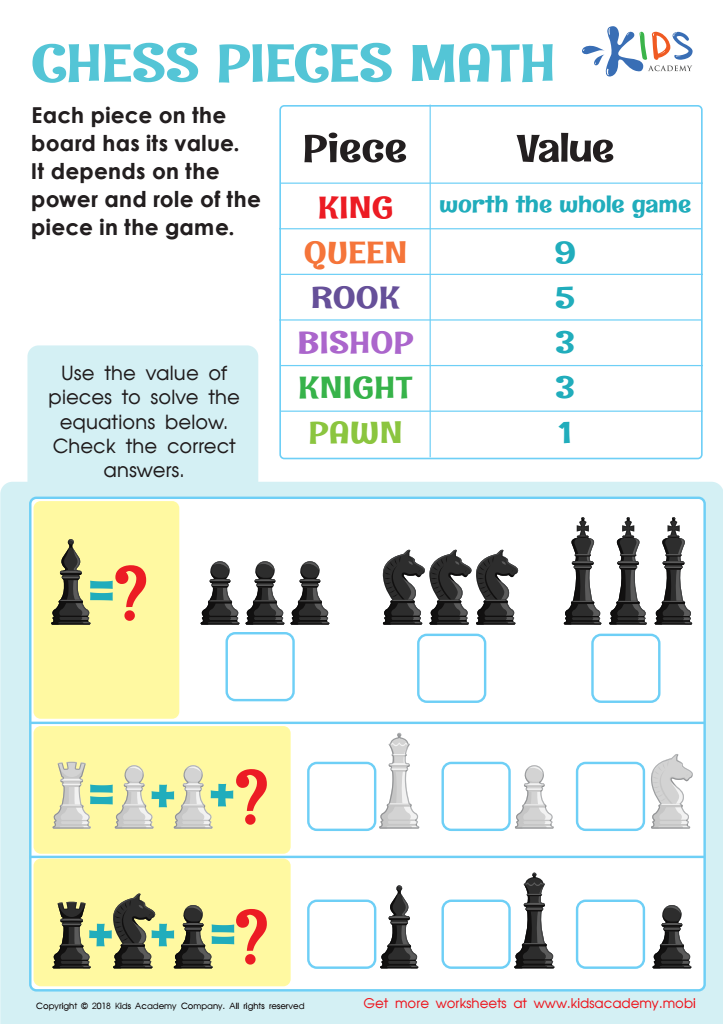

Chess Pieces Math Worksheet
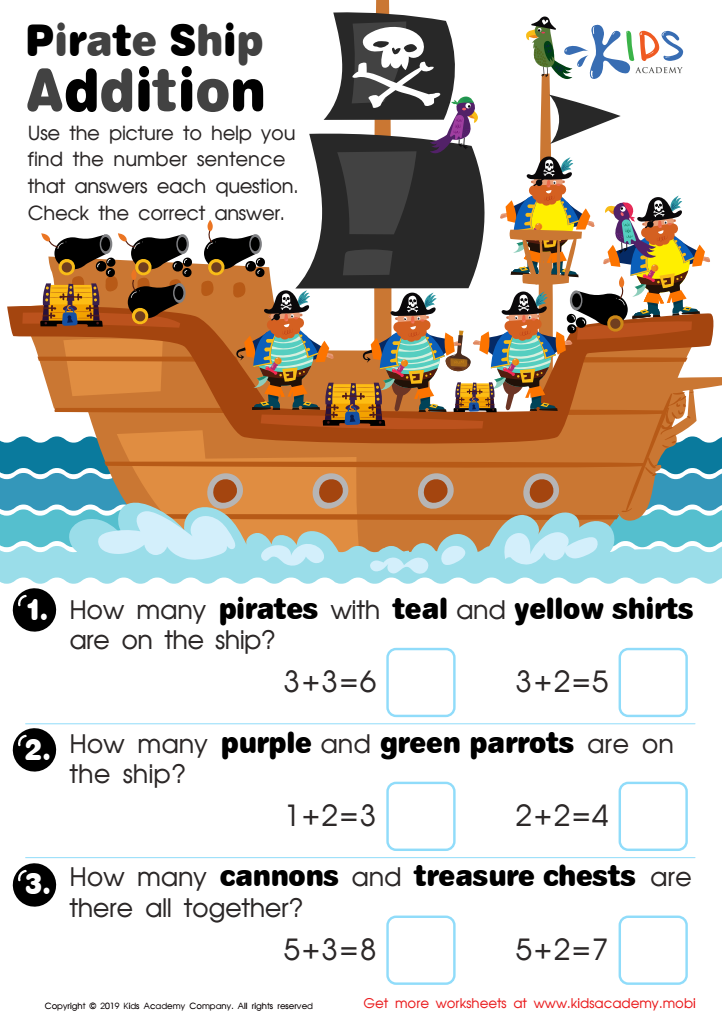

Pirate Ship Addition Worksheet
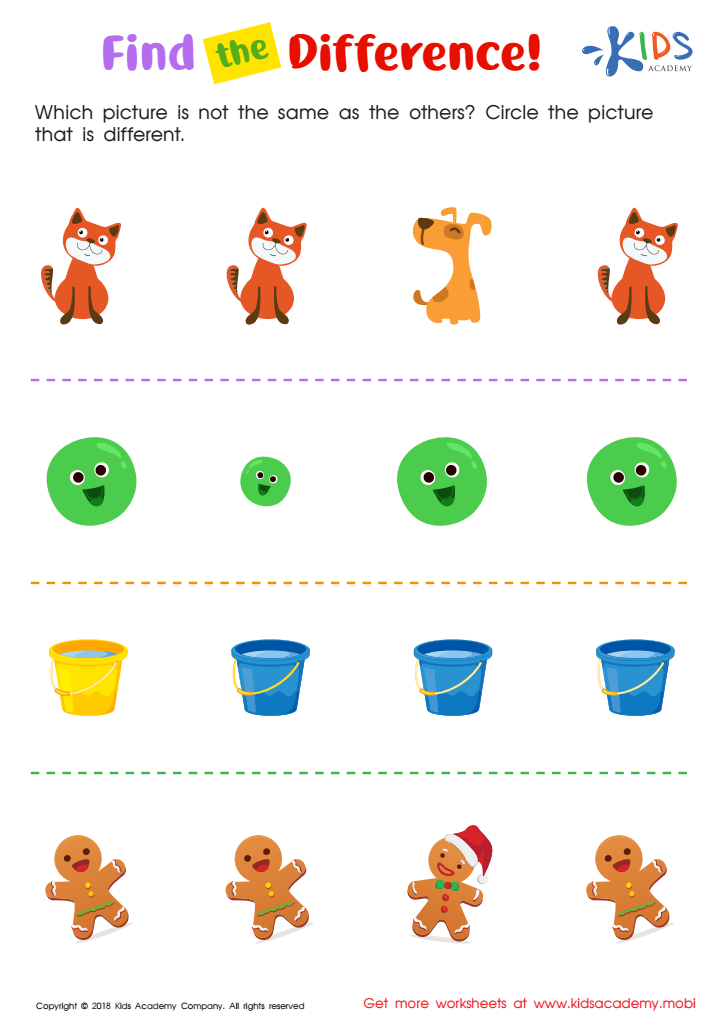

Find the Difference Worksheet
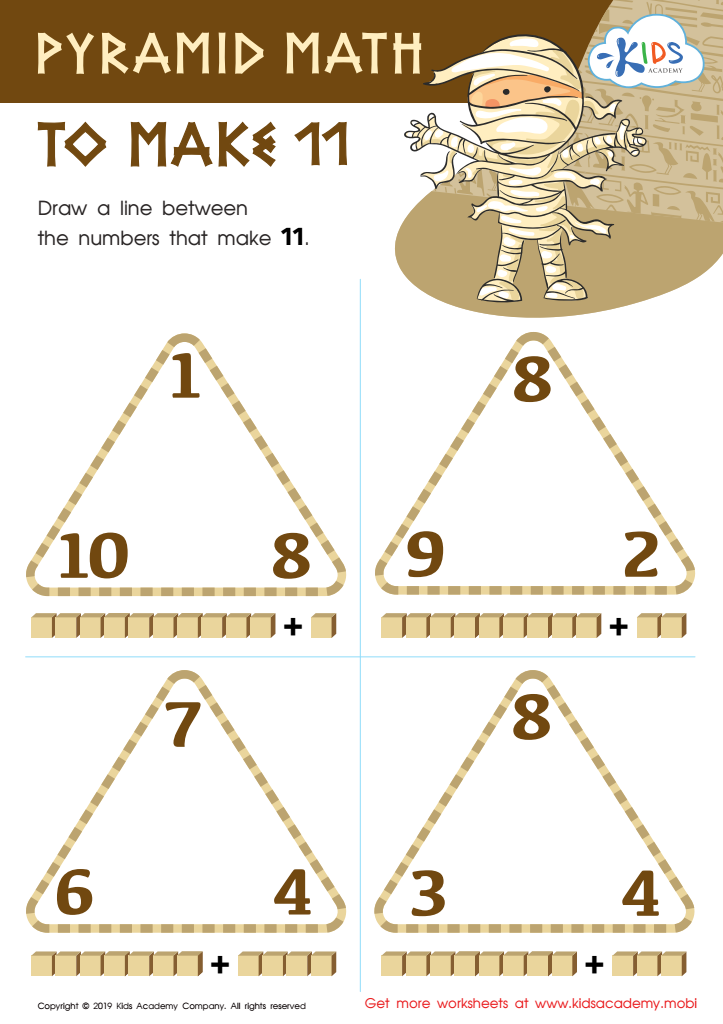

Pyramid Math to Make 11 Worksheet
Problem-solving abilities are crucial for children aged 3-5 as they lay the foundation for lifelong learning and critical thinking skills. During this critical development stage, children are naturally curious and face numerous challenges in their environment, from simple puzzles to complex social interactions. When parents and teachers nurture problem-solving skills, they enhance a child’s cognitive abilities, teaching them how to analyze situations, think critically, and develop effective strategies.
Supporting problem-solving helps children become independent thinkers who are capable of thinking through challenges rather than immediately seeking help. This fosters resilience and confidence, essential attributes for success in both academic and social settings. Furthermore, problem-solving also contributes to emotional intelligence, as children learn to manage frustration and celebrate successes, even in failure.
Additionally, engaging children in collaborative problem-solving experiences encourages teamwork and communication skills, vital for cooperative play and future adult relationships. By prioritizing problem-solving skills, parents and teachers ensure that children are not only equipped to navigate challenges today but are also prepared to embrace opportunities and complexities in the world around them in the future. It is essential for parents and educators to recognize the importance of this skill set during these formative years, as it shapes children's overall development.
 Assign to My Students
Assign to My Students
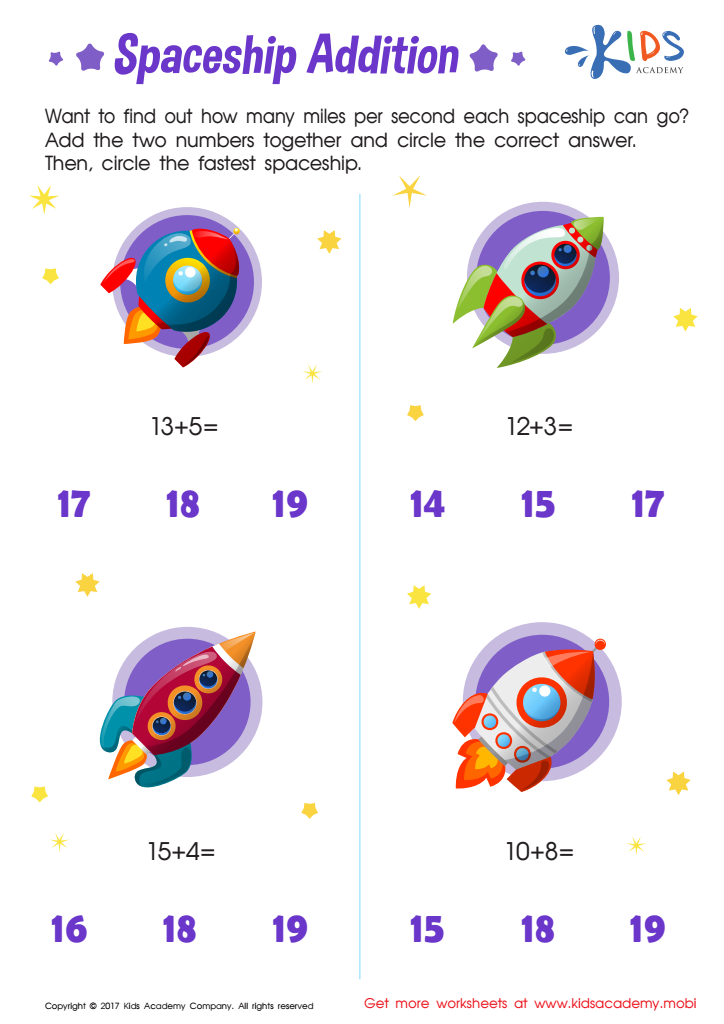





.jpg)










